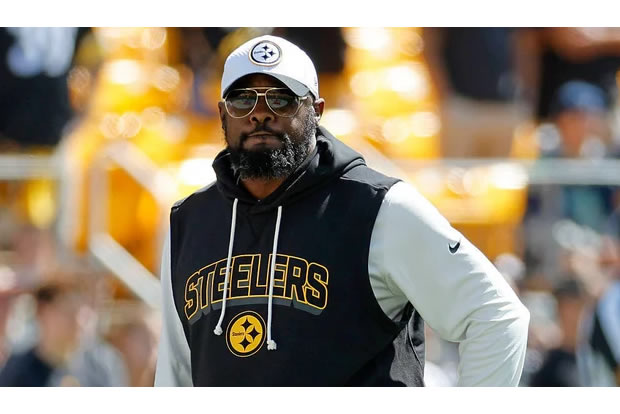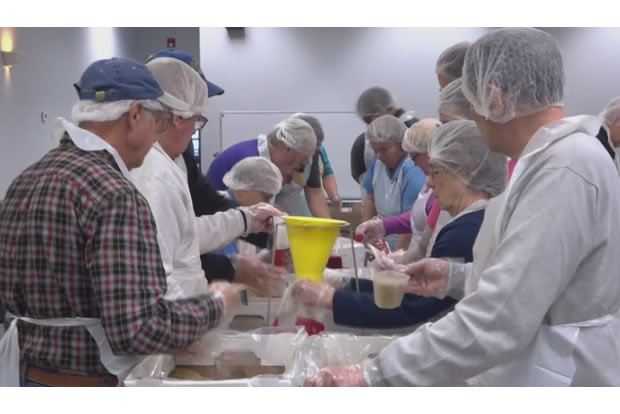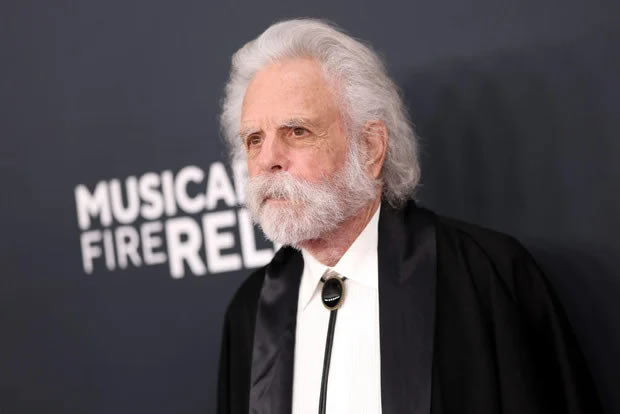
WASHINGTON — Mike Donilon is one of the most trusted presidential advisers in the Biden White House, hey dude shoes but he comes and goes from his West Wing office almost as a spectral presence.
Described by those who have worked with him as having the demeanor of a parish priest, he abhors speaking to the news media and is not particularly chatty with his own colleagues. On conference calls, they describe him as a low talker. “Hey, it’s Mike,” he will say, often in a barely audible voice.
Donilon’s low-key presence, despite his considerable influence over the leader of the free world, is emblematic of the overall culture of the Biden White House: It is the least personality-driven West Wing in decades.
Because of his longevity in politics and underdog personality, combined with the depth of the crises he is facing, President Joe Biden is undoing a long-standing Washington tradition in which staff members enjoy their own refracted fame.
Gone are the days when a counselor to the president like Kellyanne Conway was so well-known that she needed her own security detail; when a White House press secretary like Sean Spicer was a recurring character on “Saturday Night Live”; when a policy adviser like Stephen Miller was not only recognized but booed out of a restaurant; and when a glamorous, drama-prone communications director like Hope Hicks was photographed regularly by the paparazzi as she left her home in workout clothes.
Proximity to power has a way of attracting interest regardless of whether it is coveted, and Biden’s aides may still end up more well known than they set out to be. But Biden staff members appear to be trying to set themselves apart from the drama of the Trump administration, which the former president ran like a reality show.
The phenomenon of the celebrity staff might have been pronounced during those years, but President Donald Trump did not invent it.
“Every White House takes on the personality of the president,” said Paul Begala, a former adviser to President Bill Clinton, skechers outlet who became a well-known figure himself after appearing in “The War Room,” a documentary about the 1992 Clinton campaign.
“President Clinton didn’t mind having famous staffers,” Begala said. “He enjoyed it. There’s a blue-collar sensibility with Biden and his team. You carry your pail to work, you punch the clock. You just show up every day and do your job.”
Part of that is because of the health and economic crises Biden inherited: The administration’s once-in-a-generation policy pushes that will shape his time in office have further limited attention on the personalities staffing the president.
Biden is also surrounded by less of a cult of personality than his two immediate predecessors. Trump and President Barack Obama were charismatic politicians whose speedy rises in national politics were largely based on their personal magnetism. In the Biden White House, senior officials generally keep their heads down and live more like anonymous bureaucrats than the celebrity staff members who have preceded them.
Even though Obama also took office during an economic crisis, close advisers like Rahm Emanuel, Valerie Jarrett, Jon Favreau and David Axelrod became Washington-famous, if not well known enough to earn their own recurring comedy sketches. Obama’s reliance on those well-known West Wing aides often rankled Cabinet secretaries, who felt as if they were operating as outposts, far from the immediate sphere of influence.
During George W. Bush’s presidency, strategist Karl Rove was crowned with “genius” status and called “Bush’s brain.” Press secretary Tony Snow, already a well-known personality for Fox News, was mobbed for autographs at rallies and headlined his own events.
During the Clinton administration, operatives like James Carville and George Stephanopoulos entered government as bona fide movie stars after their turns in “The War Room.” At the time, Stephanopoulos was dating a Hollywood celebrity, actress Jennifer Grey.
Times have changed. Today, in part because of coronavirus restrictions, no one is going to embassy parties or book soirees.
During the presidential transition, officials also decided to rely more on Cabinet secretaries — many of whom are former mayors, governors and representatives — than staff to serve as the face of Biden’s policies and proposals, a notable departure from the Obama model.
Aides say Biden does not like profiles of his staff in the news media, but he is eager to see his Cabinet secretaries on television defending his policies.
“That is a very deliberate decision,” said Anita Dunn, a senior adviser to Biden. “This is a president who wanted to make sure he had a Cabinet that was a fully empowered.”
Some people close to Biden attributed his aversion to attention-loving staff to previous political failures. During his 1988 run for president, he relied on Patrick Caddell, a celebrity political consultant credited with electing Jimmy Carter to the White House, to help him find a message. Biden eventually severed relations with Caddell after a disastrous campaign that included accusations of plagiarism and exaggerations of his academic records. Biden blamed the staff he surrounded himself with.
“I got mired in personalities,” he told The Los Angeles Times in 1988, “not my opponents’ but my own political operatives. I never solved the guru problem.”
Biden’s current aides say that he eventually solved that problem by surrounding himself with low-key people who knew they were not gurus.
Some of the president’s closest advisers — like Bruce Reed, his adviser and former chief of staff, and Jennifer O’Malley Dillon, his former campaign manager and current deputy chief of staff — are almost never heard from. The White House press office did not respond to requests to make Donilon available for comment for this story.
Even officials who entered the administration with a profile of their own — like Symone D. Sanders, a onetime CNN commentator who is now an adviser to Vice President Kamala Harris — have become less visible.
Ron Klain, the White House chief of staff, said the lack of well-known personalities in the West Wing was attributable to a tone Biden had set. But it was also a product of an experienced team of people, Klain said, many of whom had already proven themselves and were on their second tours in government.
“The vast majority of people here are career staff people, not principals from other sectors placed into White House staff jobs, so that’s the culture,” he said. Many of the staff were “parents of young kids who put their off-hours energy into being parents, not into staff drama.”















+ There are no comments
Add yours